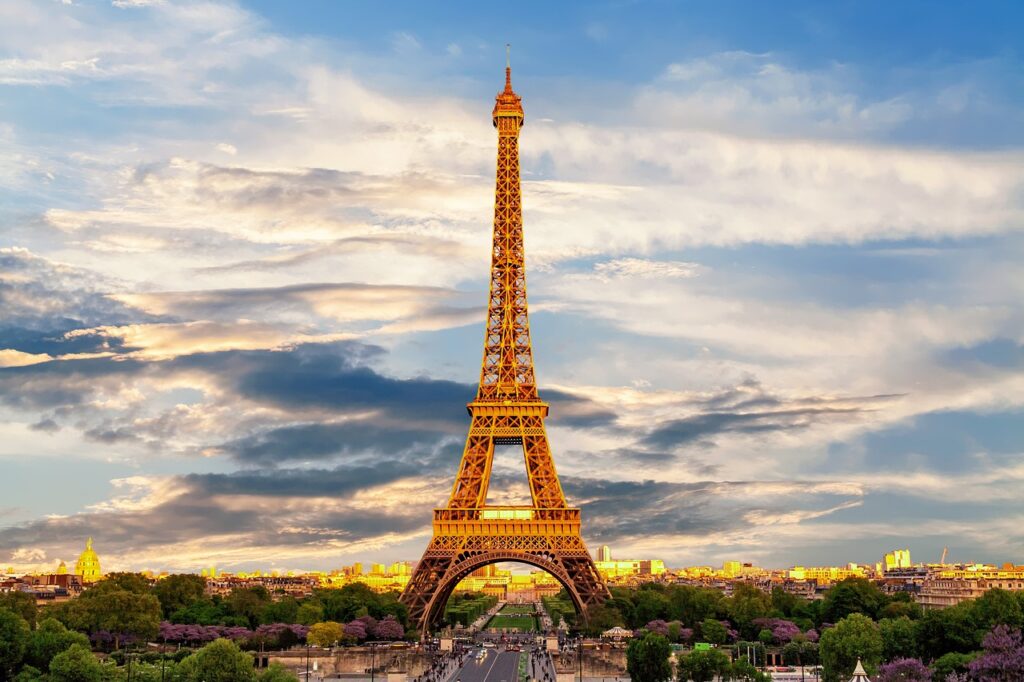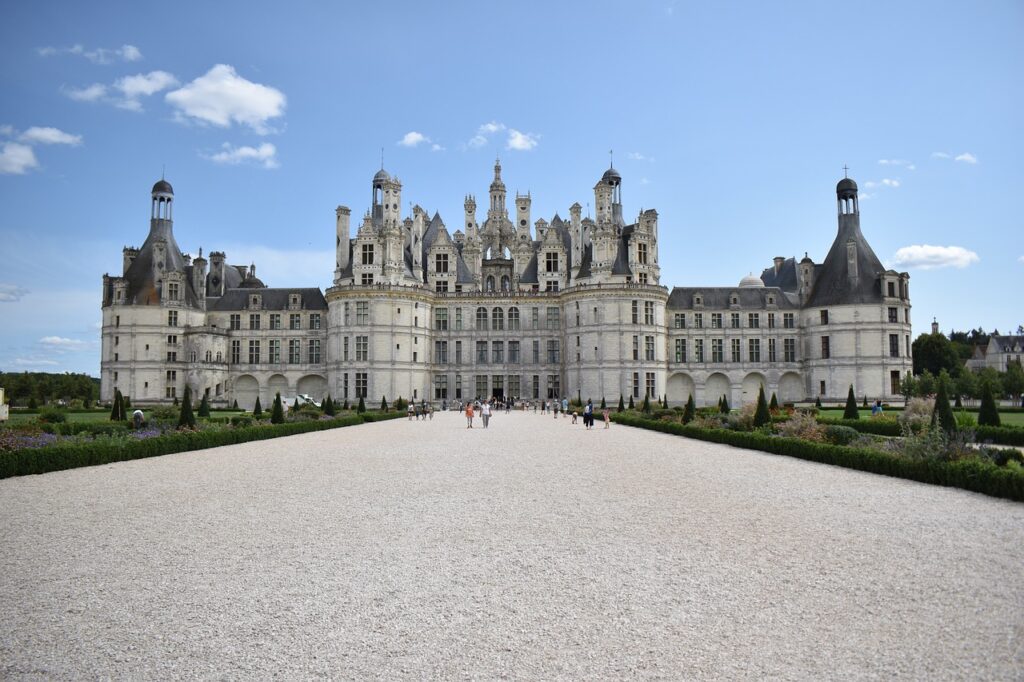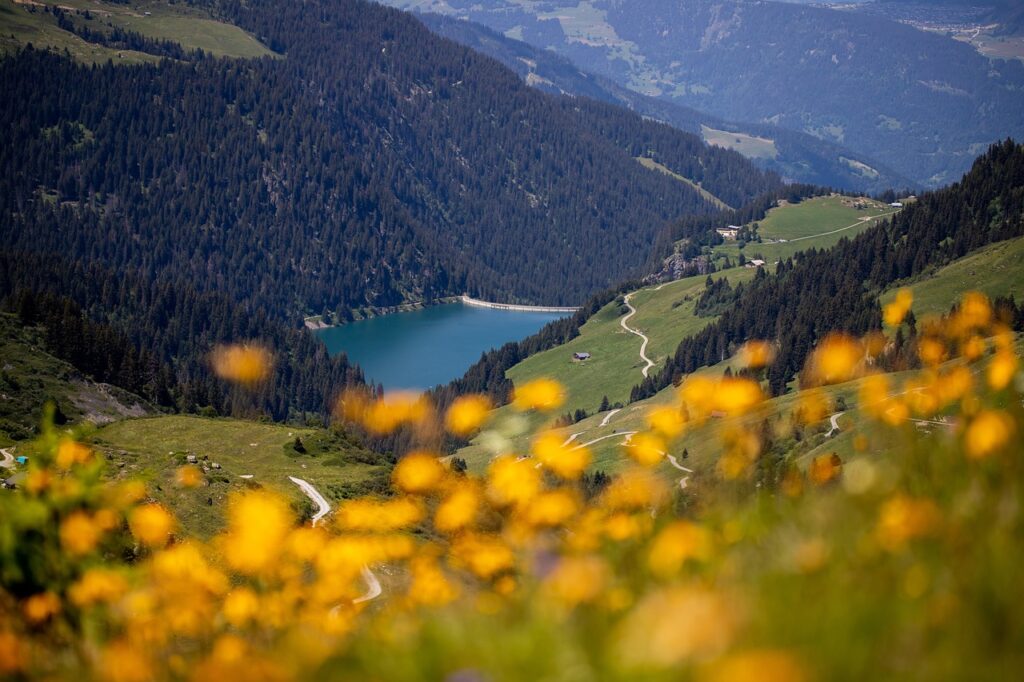FOCUS ON FRANCE
France is known the world over. France has made a lot of contributions to the thought or philosophy of how people think about the world today. Paris is every traveler’s dream. It has been deemed the city of love. Liberalism has a place here as well. Self-determination is also part of the equation, after all history among other things recorded the French revolution. So, if it has been on your bucket list, and now you can make it. Wait not, for the time is now to experience cultural attractions, historical architecture, food and get to know why France is dear to the world over. Go! You can travel to beautiful gardens and parks, relax and give your mind a fresh perspective to escape stress. You can go on a boat cruise along the Seine River, wow what a shift in perspective as you gaze on the Eiffel Tower, Notre-Dame Cathedral and Louvre Museum taking in the glory days of France. I have not mentioned going for a bike ride along river banks, through parks while exercising, generating endorphins and other neural transmitters important in giving us a feeling of pleasure. You want to be social may be? Outdoor markets, take a walk tour, experience sports, basketball, soccer, open air cinema, air-balloons and lurking in all of these is a stronger immune system because of exposure.

France is known for a wide range of cultural, historical, and culinary aspects that have contributed to its global reputation:
Art and Culture: France is renowned for its contributions to art, literature, fashion, and philosophy. Paris is seen as a cultural capital with institutions like the Louvre, Musée d’Orsay, and Centre Pompidou.
Cuisine: French cuisine is highly esteemed worldwide, characterized by its emphasis on fresh ingredients and meticulous preparation. It includes dishes like coq au vin, boeuf bourguignon, escargots, and a wide variety of cheeses and pastries.
Wine: France is one of the world’s foremost producers of wine. Regions like Bordeaux, Burgundy, Champagne, and the Loire Valley are famous for their vineyards and produce a diverse range of wines.
Fashion: Paris is synonymous with haute couture and is home to many of the world’s top fashion houses, such as Chanel, Dior, Louis Vuitton, and Givenchy.
History and Architecture: France boasts a rich history seen in its castles, châteaux (such as Versailles), cathedrals (like Notre-Dame de Paris), and medieval towns. The French Revolution and Napoleonic era are also significant in shaping modern France.

Language: French is spoken widely around the world and is considered a language of diplomacy and culture.
Tourism: France is one of the most visited countries globally, attracting tourists to its cities, countryside, coastal regions, and ski resorts.
Philosophy and Intellectualism: France has a strong tradition of philosophical thought, with thinkers like René Descartes, Jean-Paul Sartre, Simone de Beauvoir, and Michel Foucault influencing global philosophy.
Music and Cinema: French music, from classical composers to contemporary artists like Édith Piaf and Daft Punk, has made significant contributions. French cinema, with directors like Jean-Luc Godard, François Truffaut, and more recently, Luc Besson and Xavier Dolan, is influential worldwide.
These aspects collectively contribute to France’s reputation as a cultural powerhouse with a profound influence on global arts, cuisine, and intellectual discourse.
France is home to numerous iconic tourist attractions that draw millions of visitors each year. Here are some of the most famous:
Eiffel Tower (Tour Eiffel): Located in Paris, this iconic iron lattice tower is one of the most recognizable structures in the world and a symbol of France.
Louvre Museum: Also in Paris, the Louvre is the world’s largest art museum and a historic monument. It is home to thousands of works of art, including the Mona Lisa and the Venus de Milo.
Versailles Palace (Château de Versailles): Situated near Paris, this opulent palace was the principal royal residence of France from the time of Louis XIV until the French Revolution. Its Hall of Mirrors is particularly famous.
Mont Saint-Michel: A stunning island commune in Normandy, topped by a medieval abbey, Mont Saint-Michel is a UNESCO World Heritage site and a popular tourist destination.
Côte d’Azur: Also known as the French Riviera, this Mediterranean coastline is famous for its glamour, beautiful beaches, and vibrant cities like Nice, Cannes, and Saint-Tropez.
Loire Valley Châteaux: The Loire Valley is known for its picturesque vineyards and more than 300 châteaux, including Château de Chambord, Château de Chenonceau, and Château de Villandry.
Provence: This region in southeastern France is celebrated for its lavender fields, vineyards, charming villages like Gordes and Roussillon, and cities such as Avignon and Aix-en-Provence.

French Alps: Popular for skiing and mountaineering, the French Alps offer stunning landscapes, including Mont Blanc, Europe’s highest peak.
Carcassonne: A medieval fortified city in the Occitanie region, Carcassonne is known for its well-preserved city walls and castle, which have a fairy-tale appearance.
Normandy D-Day Beaches: Historic sites along the coast of Normandy, where Allied forces landed on June 6, 1944, during World War II, including Omaha Beach and the American Cemetery.
These attractions represent just a fraction of what France has to offer. The country’s rich history, diverse landscapes, exquisite cuisine, and cultural treasures ensure that there is something for every traveler to explore and enjoy.
France has made numerous historical contributions that have had a profound impact globally. Some of the key historical contributions of France include:
French Revolution: The French Revolution (1789-1799) was a pivotal event in modern history, marking the end of the monarchy and the birth of the Republic. It introduced principles of liberty, equality, and fraternity that influenced political ideologies worldwide.
Napoleon Bonaparte: Napoleon Bonaparte, a military and political leader, rose to prominence during the French Revolution and became Emperor of the French in 1804. His Napoleonic Wars reshaped Europe and his Napoleonic Code influenced legal systems around the world.
Age of Enlightenment: France played a significant role in the Age of Enlightenment (17th-18th centuries), with philosophers like Voltaire, Rousseau, Montesquieu, and Diderot advocating for reason, liberty, and progress.
Art and Culture: France has been a center of artistic and cultural innovation for centuries. The Impressionist movement, led by artists such as Claude Monet and Pierre-Auguste Renoir, revolutionized art in the late 19th century.
Literature: French literature has produced influential works across genres and periods. Authors like Victor Hugo, Molière, Alexandre Dumas, Marcel Proust, and Albert Camus have made lasting contributions to world literature.
Colonial Empire: France had a vast colonial empire, particularly in Africa, Southeast Asia, and the Caribbean. While controversial in its impact, French colonialism left enduring cultural, linguistic, and administrative legacies in many regions.
Human Rights and Diplomacy: France played a key role in the development of human rights principles, with figures like Jean-Jacques Rousseau influencing the Declaration of the Rights of Man and of the Citizen in 1789. Paris has also been a hub for international diplomacy and peace negotiations.
Scientific and Technological Contributions: French scientists and inventors have made significant contributions to various fields, including medicine (Louis Pasteur), physics (Pierre and Marie Curie), mathematics (Blaise Pascal), and aviation (Louis Blériot).
Fashion and Cuisine: France is renowned for its contributions to haute couture fashion and gastronomy. French cuisine, with its emphasis on fresh ingredients and culinary techniques, is considered one of the finest in the world.
These contributions highlight France’s multifaceted role in shaping global history, culture, and intellectual thought across centuries. While I have only scratched the surface as far as this world power is concerned, it is only your visit that will help you take it all in. Don’t be surprised if you plan your next trip right after you depart Paris following your first adventure.
References
